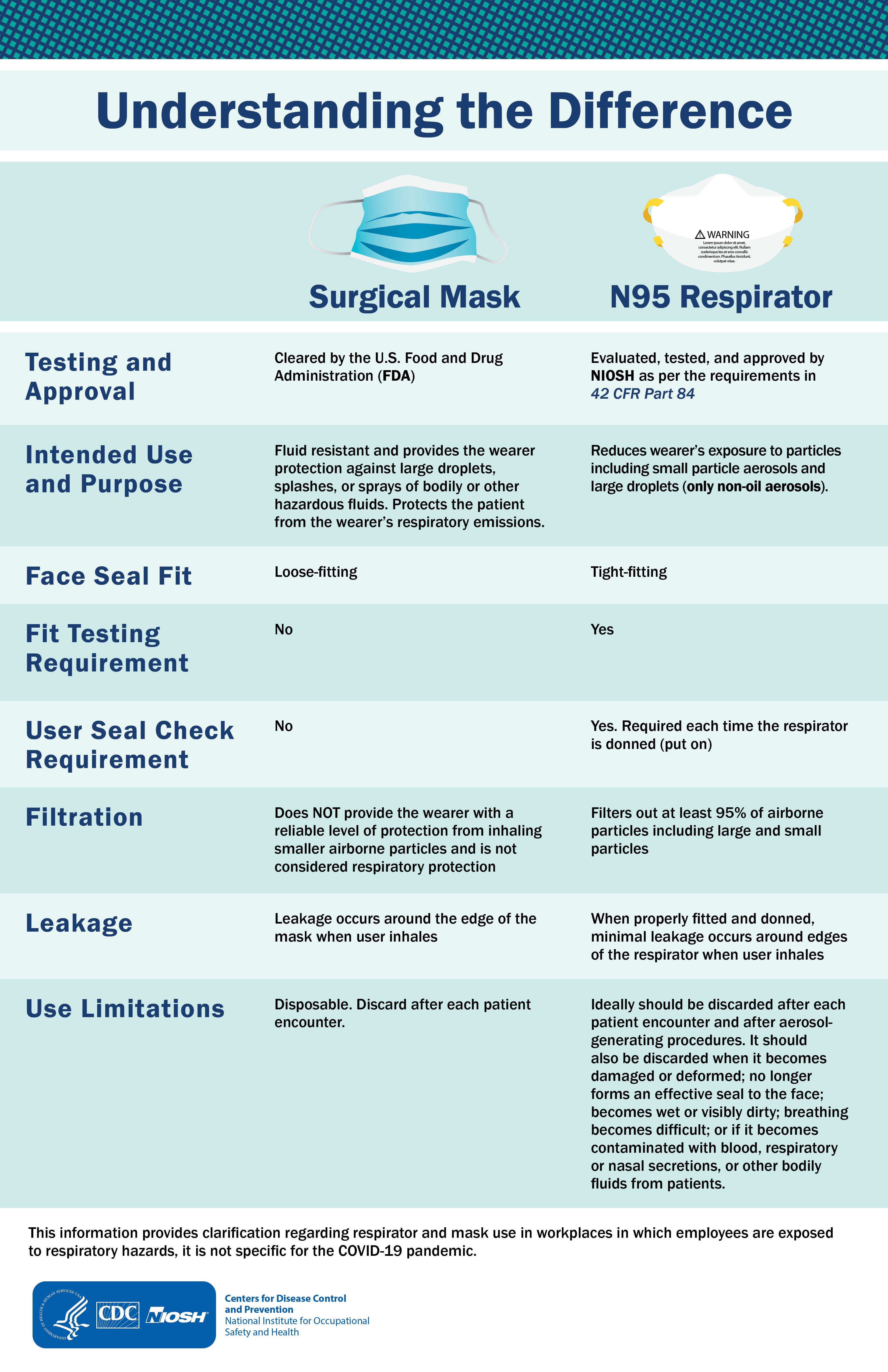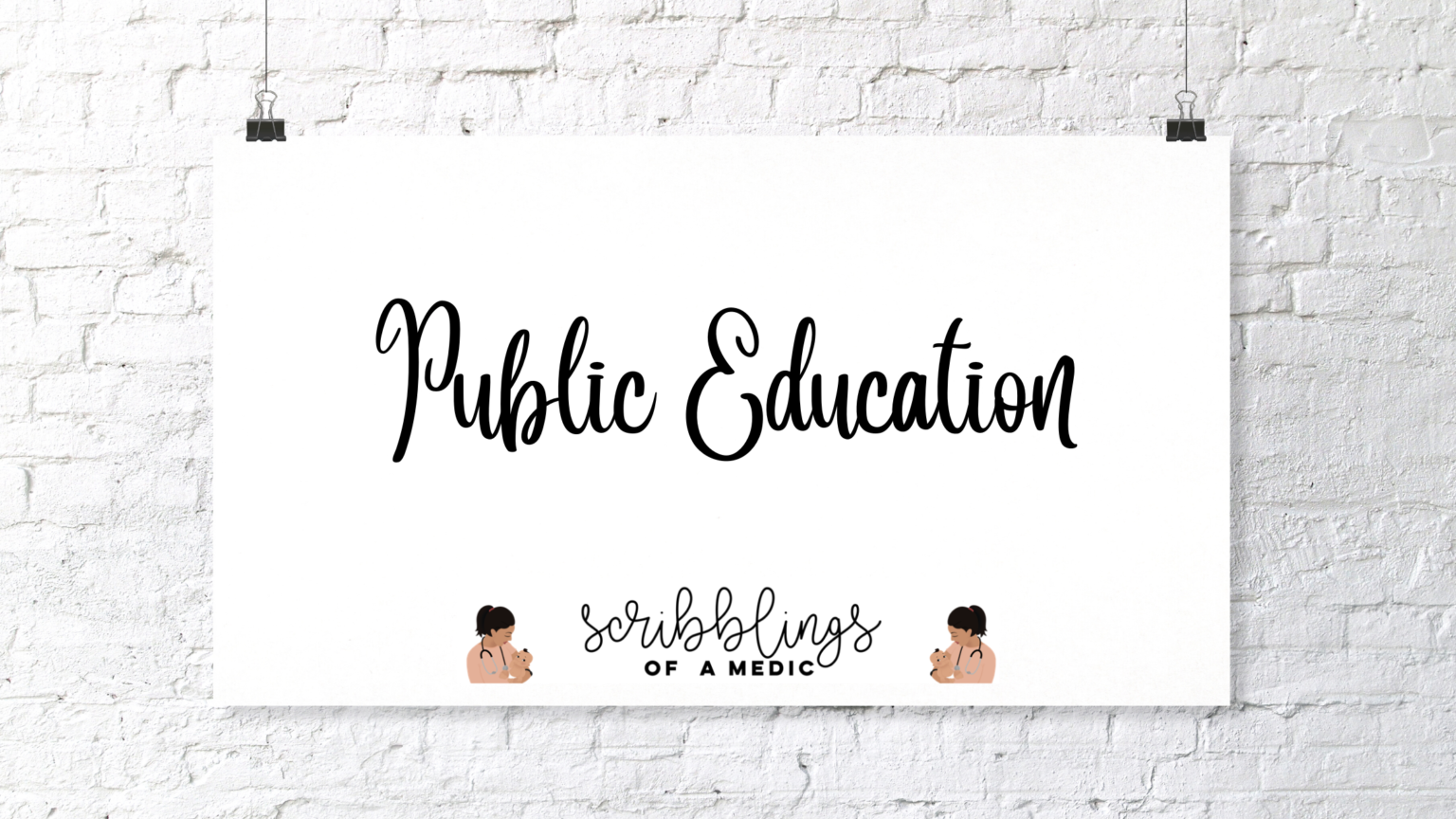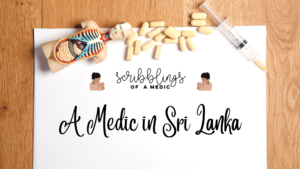In the midst of this Covid pandemic, much has been said about the use of face masks in addition to social distancing and handwashing. The Sri Lankan government has made it mandatory for the general public to wear face masks when in public, especially on public transport and in the work environment. Despite all this, there still is significant confusion with regards to the type of face mask that should be worn and how exactly it works.
To understand the need for masks, we need to first understand the transmission process. Covid 19 is a coronavirus (invisible to the naked eye) that is spread via droplets from one individual to another – when an infected individual coughs, sneezes or even speaks. Wearing a mask (even a cloth one) will reduce the spray of these droplets, thereby reducing others from being infected.

A mask is determined by its’ filter quality factor (“Q”) which is the filtration efficiency and breathability of the mask – higher values indicate better performance – something manufacturers may choose to advertise.
Listed below are the common types of face masks used and their advantages/ disadvantages.

Taken from http://www.cdc.gov (Centre for disease control and prevention)
Cloth masks
The CDC recommends patients wearing cloth masks by the general public in social settingsin addition to social distancing as it may help prevent the spread of the virus from the wearer to others as the cloth acts as a barrier. This is known as “source control” and is important as it will help prevent asymptomatic individuals who do not know they harbour the virus from spreading the virus.
Cloth masks are usually made of multiple layers of cotton and should be washed daily or depending on frequency of use (usually in a washing machine). It is therefore encouraged that you own at least 2 masks which can be worn alternatively. They are worn loosely over the nasal bridge. They should not be worn by children under 2 years of age, those with breathing difficulty or those unconscious.

A cloth mask
Advantages of cloth masks is that they are eco-friendly as they are reusable and can easily be purchased. They are not as tightly fitted on as N95 and surgical masks, thereby easier to breathe in. The main downside is that they are not as effective as surgical and N95 masks in their filtration efficiency. They are also not fluid resistant and must be changed when damp

Surgical masks
Surgical face masks
These are the basic mask for healthcare professionals who come into contact with patients. It has a looser fit than the KN95/N95 masks, and hence are more breathable than the N95 masks. This however, also means that leakage does occur around the mask edges. Surgical masks are single use only and cannot be reused. They should be disposed of in clinical waste bins.
A surgical mask offers protection (limited) to both the healthcare worker and their patients, in the event either of them carry the infection.

N95 mask
N95 facemasks
The N95 masks has a much higher filtration and reduces the wearer’s exposure to most particles (>95%) as this mask has a much tighter fit. This tight fit is what leaves many healthcare workers with scars and bruises on their face. It is very uncomfortable to wear for long hours in my opinion (especially in the tropics!) and is tough to breathe in. This is why a respirator fit test is beneficial before use (not done in Sri Lanka). It is currently worn by healthcare professionals working on Covid-19 or respiratory wards. I do not recommend that it should be worn by the general public.
Technically this too should be disposed after wearing, however due to the shortage of PPE, many healthcare workers are forced to reuse it.


KN95 masks
I wear a KN95 mask during work and this has a filtration level of somewhere between a surgical mask and an N95 mask. The fit is not as tight as an N95 and allows for easier breathing. It is fluid resistant, but must be changed when damp. I prefer it to the N95, but as it does have elastic strips to be worn over the ears, it can start cutting into the ears with prolonged use.
Due to the shortage of masks, please do not wear surgical masks/N95 masks or respirators unless you are a healthcare worker or you work with toxic fumes/chemicals.
Please remember that a face mask MUST always cover the mouth and nose – it should not be worn as a chin guard.





